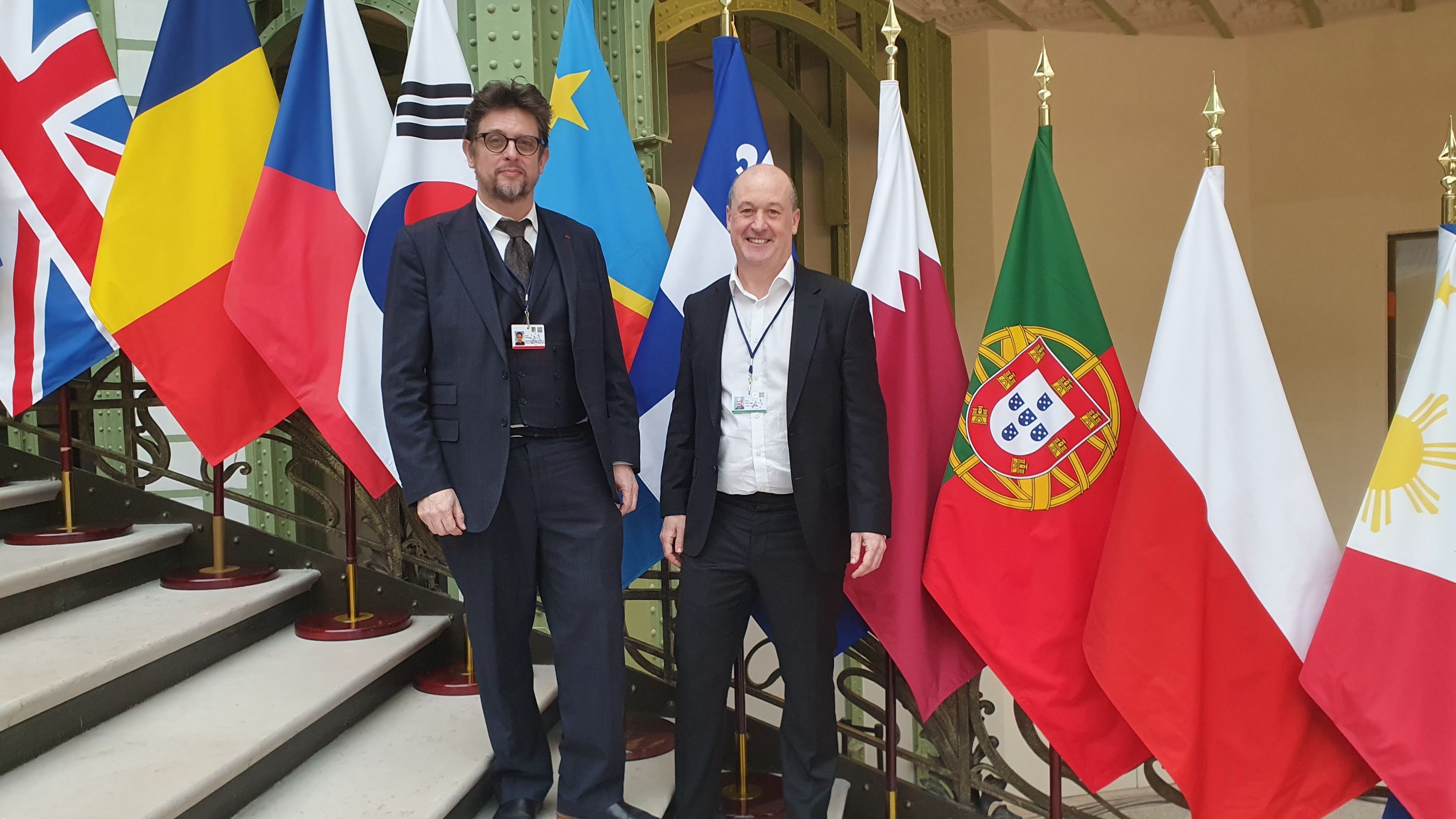
The AI debate - existential threat or public asset?

Reflections from Paris
The emergence of any new technology makes predictions a fool’s errand. I wonder, a few days after the Paris AI Action Summit, whether we may have just witnessed a reset: and a much needed one at that.
For the last few years, the AI debate - if such a thing exists - has veered from existential safety risks to humanity, and the elevation of society to a singularity: a hypothetical future when machines surpass human intelligence, leading to a new era of technological evolution.
Meanwhile, and somewhat depressingly, the options for governments have been presented in similarly stark terms. From the regulatory capture attempts of the mainly US hyperscalers, to the siren voices across civil society warning of all manner of risks by engaging with new technology.
While there is no simple answer, what is clear is that, like AI technology development itself, governments need to be heuristic, to discover and learn for themselves.
The dominant policy cadres in Government were quick to respond with papers, ethics and early attempts at standards - the UK’s safety approach was a positive example - but what has been missing is an holistic societal approach, incorporating technology; public interest; economic growth; yes, safety; and regulatory alignment.
We aren’t there yet, by any means, but this week saw a fundamental shift in the definition of AI, now to be seen as a public asset.
Sovereignty and collaboration
Watch Macron’s speech again, celebrating the summit on Monday evening. Firstly, let’s get the plaudits. This was electric. Two languages, no notes. Celebrating £100bn+ of inward investment (UAE link), standing up to the US - “plug, baby, plug”, celebrating sustainability and putting French skills and technology companies front and centre. Vive la France! Indeed.
Yet what his speech - in Paris, at the French hosted event - demonstrated is that national ambition requires international collaboration when it comes to AI for public impact.
Taken at its most basic, national scale AI requires concerted effort, spending and alignment across a number of related areas. Data centres cost money and can require national level energy policy. Compute power and public sector access requires funding and management. Skills of many kinds - technological, data, policy and more - need careful nurturing. Much of this can be done in a sovereign way, appropriate to the national conditions. But there are two elements that require international collaboration: data sharing and regulation.
To work at scale, nations need the ability to share and re-use publicly oriented data and learn together. The absence of institutions capable of doing this, and arrangements for open standards and tools to grow the network of participating countries is, for me, the most far reaching outcome of the Summit.


Actions, not words
As part of President Macron’s Global Tech Thinkers group, I’ve been impressed by how quickly the French realised that this has to be a global play. The number of nations and people from different parts of the ecosystem; the movement away from traditional power centres toward a multi-stakeholder, collaborative approach.
President Macron repeatedly spoke about the ‘ecosystem’ France and Europe is creating and the need to connect domestic progress with international action. This should be a clear message to Whitehall systems of Government enslaved by departmental thinking: Public AI – and the economic benefits accrued – really is a team sport.
There was much talk about the US and UK not signing the statement. Personally I am less bothered about the signature – although it's not helpful – as I am about the UK’s participation in Current AI and the data sharing arrangements that follow. We urgently need the capacity for public institutions to use AI to develop new services and answers to policy challenges in ways that are safe, ethical and cost effective. At this defining moment, participating in institutional development, being a solid partner in sharing learning, tooling and data, is of far greater importance than a signature.
Mike Bracken CBE is co-founder of Public Digital and one of President Macron’s Global Tech Thinkers.
More on Artificial Intelligence
Written by

Mike Bracken CBE
Founder

